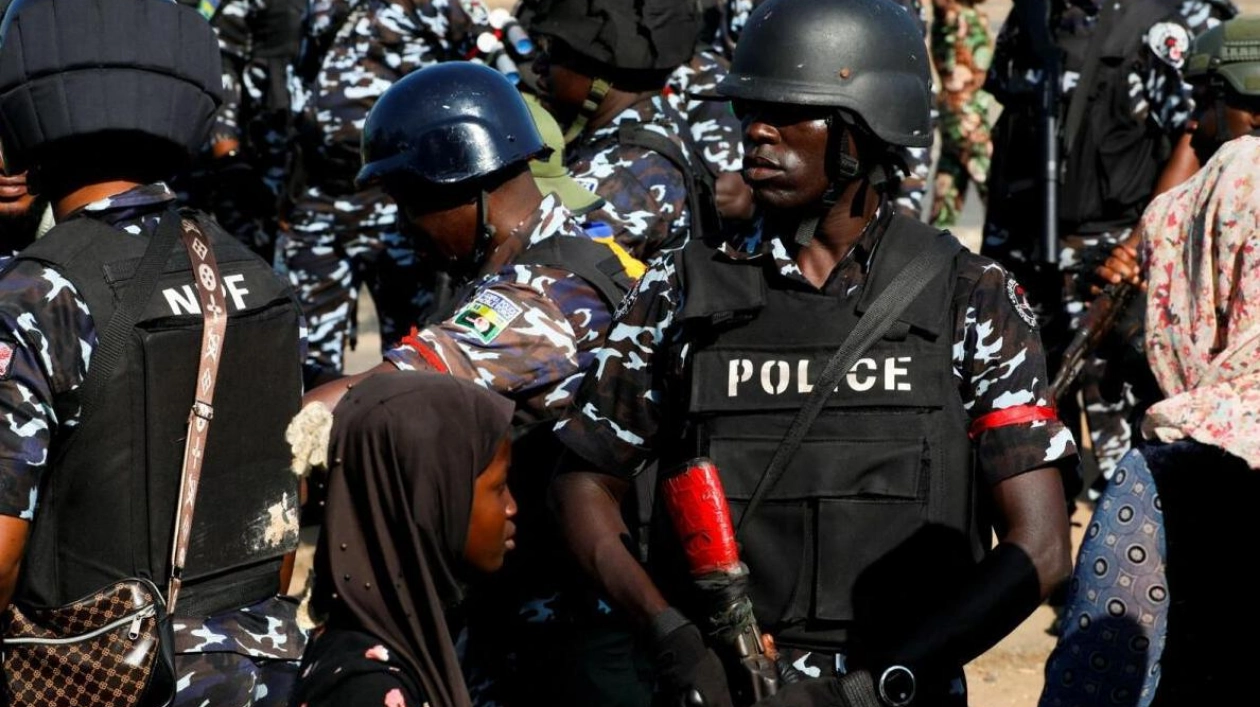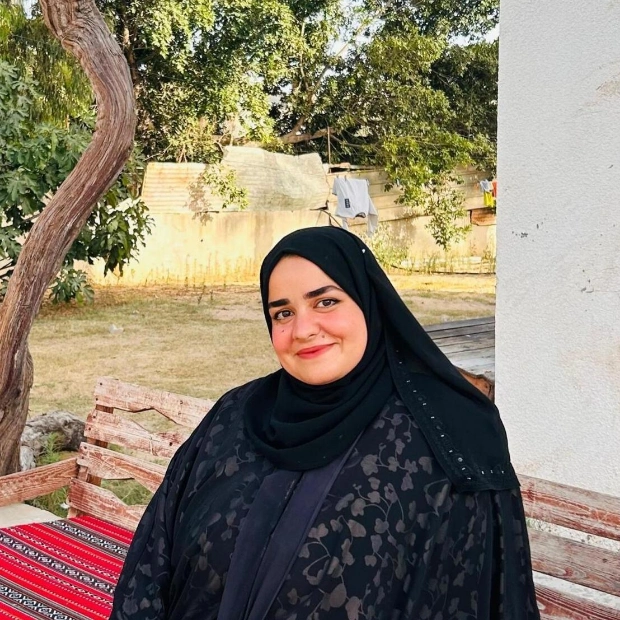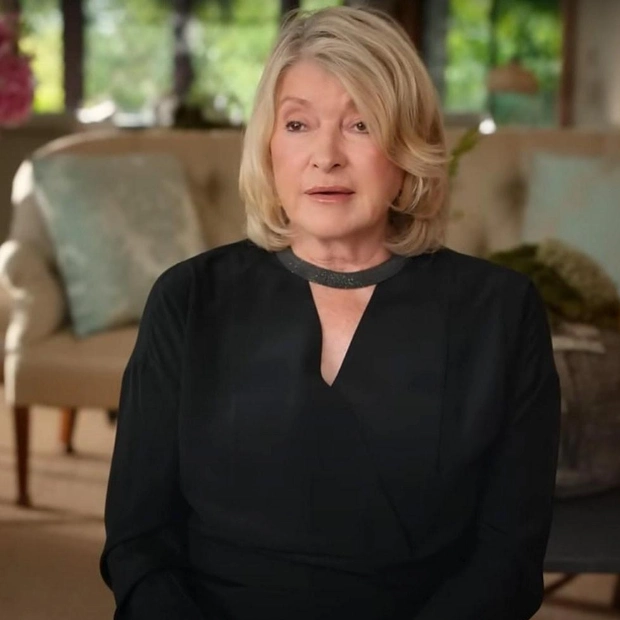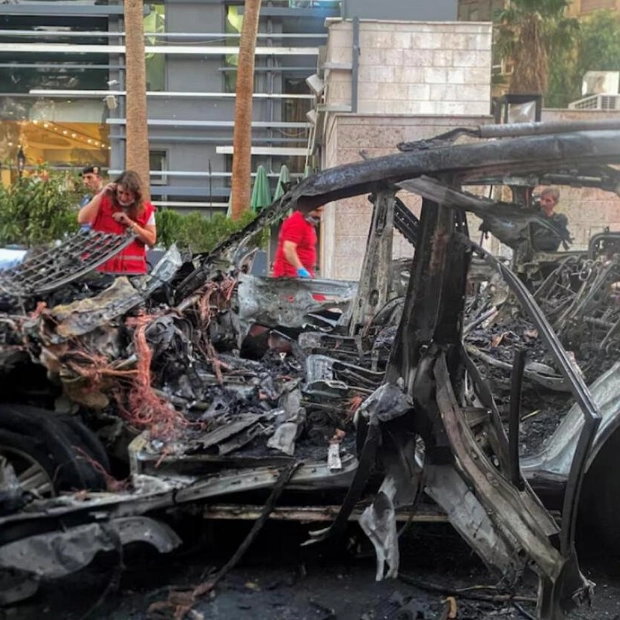Nigeria's President Bola Tinubu urged a halt to protests over the cost of living crisis on Sunday, proposing a dialogue as a solution. This marks his first public statement since citizens began demonstrating last week due to their frustrations.
Amnesty International reported at least 13 deaths during the initial protest day on Thursday, citing clashes with security forces. The police refuted claims of excessive force, stating that seven people had died by Saturday—four due to an explosive device in northeast Borno state, two hit by a car, and one shot by a guard during a looting incident.
In a televised address, Tinubu appealed for an end to the violence that has erupted across several states since the protests began. He expressed his openness to dialogue, saying, "My dear Nigerians, especially our youth, I have heard you loud and clear. I understand the pain and frustration that drive these protests, and I want to assure you that our government is committed to listening and addressing the concerns of our citizens."
Nigerians have been using social media to organize protests against economic hardship and poor governance, demanding reductions in petrol prices and electricity tariffs, among other things. Tinubu, who took office in May 2023, has defended his economic reforms, which include ending partial petrol and electricity subsidies and devaluing the naira, as essential steps to rectify years of economic mismanagement.
The government's revenue has surged to 9.1 trillion naira ($5.65 billion) in the first half of this year, with 68% now allocated to debt servicing, a decrease from 97% prior to his inauguration. Additionally, the government is increasing infrastructure spending, initiating a student loan program, and constructing thousands of housing units across Nigeria's 36 states, according to the president.
"But we must not let violence and destruction tear our nation apart," Tinubu cautioned.






